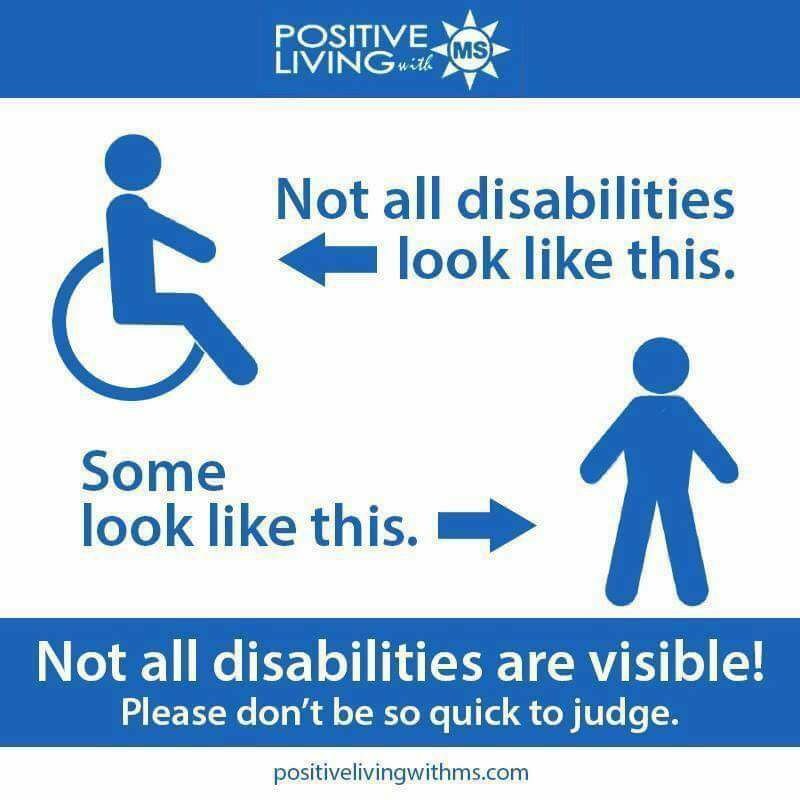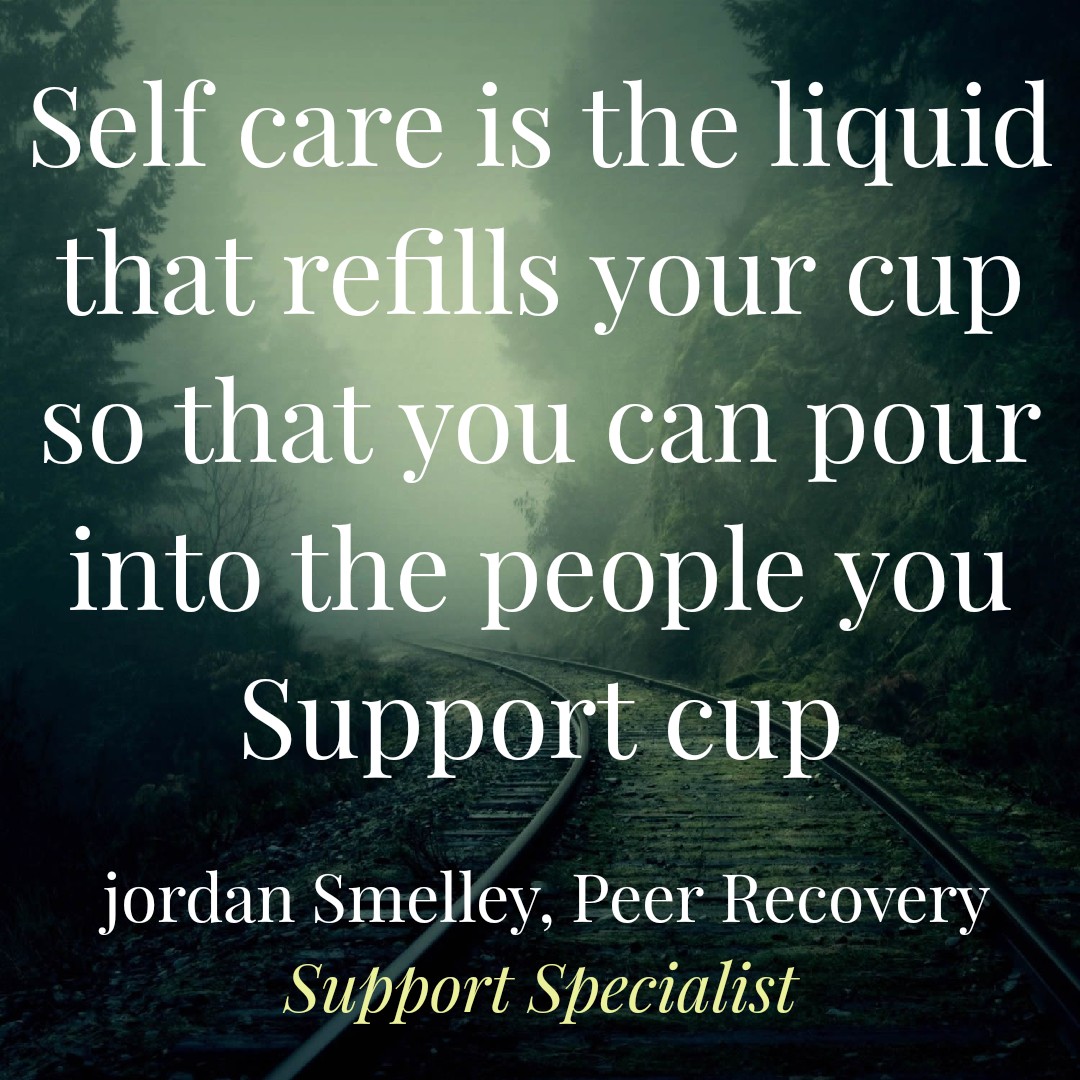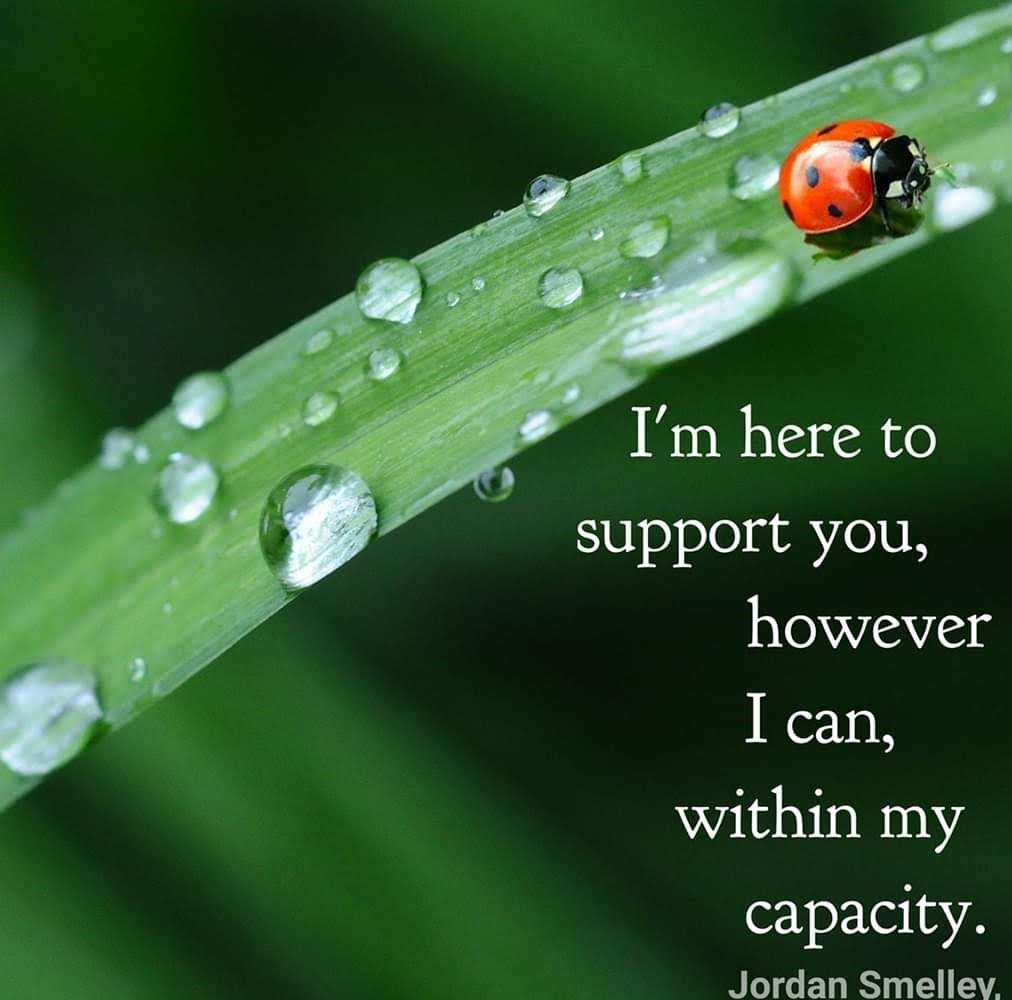We’re excited to introduce you to the always interesting and insightful Jordan Smelley. We hope you’ll enjoy our conversation with Jordan below.
Alright, Jordan thanks for taking the time to share your stories and insights with us today. How did you get your first job in the field that you practice in today?
How I ended up getting my first paid job as a Peer Support Specialist at the Association of Persons Affected by Addiction(APAA for short) is through my Texas Workforce Commission Vocational Rehabilitation Counselor(TWC-VR for short). The job posting happened to be sent to TWC-VR by APAA’s CEO Joe Powell and my counselor just happened to get that email and called me and I decided to go ahead and apply even though I don’t have any personal lived experience with Substance Use. Ironically I ended up interviewing at 4PM the same day I applied with Joe Powell. It was a very interesting interview in the sense it didn’t really feel like an interview. Mr. Powell was actually looking at my online portfolio website as we were talking or had looked at it just before my interview and so to me the interview process really felt more like Mr. Powell taking time to get to know me as a person and what strengths I would bring with me to APAA and what skills APAA could help me develop like documentation for example. I knew I would be an asset to APAA if given a chance and I brought up the challenges I have had in the past with getting a job as a Peer Support Specialist because I didn’t want to end up in a job where I get offered the position but then the fact I wear leg braces and can’t wear them all the time because my feet go numb and that’s very painful end up being a huge deal breaker like it was for other Peer Support Positions I interviewed for and ended up not being selected. I don’t really have any solid proof that other employers I interviewed with did discriminate against me because of the fact I can’t wear my leg braces for 8 hours straight. However Mr. Powell was the first potential employer to not see my issues with wearing leg braces as a huge ordeal or enough of a negative to not give me a chance which was very exciting for me because finally a employer was seeing all the strengths I can bring and that I have ways in mind already to navigate and get support I need to obtain and maintain employment. Finally I would like to say that I am extremely happy where I ended up for my first Peer Support Specialist position because APAA has been very supportive of me and extremely willing to work with me around the support I need to maintain my employment there.
![]()

Jordan, before we move on to more of these sorts of questions, can you take some time to bring our readers up to speed on you and what you do?
My name is Jordan Smelley. I am a person in long-term recovery from Intellectual and Developmental Differences (clinical term Intellectual and Developmental Disabilities) with Co-occuring Mental Health challenges. What long-term recovery means and looks like for me is being able to advocate for myself and find the resources I need, being able to maintain employment as a Peer Support Specialist at the Association of Persons Affected by Addiction(APAA for short) here in Dallas Texas, being involved in IDD Peer Support projects here in Texas so more individuals with IDD can get Peer Support Services if they want, and having opportunities to present and educate the community at large on topics around supporting individuals with Intellectual and Developmental Differences. You can find more information about me and opportunities I have gotten to participate in on my online portfolio at www.jordansmelleyprss.com
At my job in Dallas Texas we help support individuals with Mental Health and/or Substance Use challenges by providing resources, support groups, one on one support, and sober social events. One monthly event we do at APAA is Jamming in Recovery which is where we have a DJ come and play music and we have food and people can enjoy themselves and socialze without having to worry about being triggered by seeing people drink or use a substance. I am also working on getting the approved online virtural support group for individuals 18 and up with Intellectual and Developmental Differences up and running at my job in fall of 2022. APAA also help educate the community at large around supporting individuals with Mental Health and/or Substance Use challenges. Basically if it has to do with recovery from Mental Health, Substance Use, Intellectual and Developmental Disabilities, ect…. we do our best to support you in your recovery journey if you are wanting support however we don’t do all the work for you. You have to be willing to accept responsibility for your recovery and what your recovery journey looks like.
Do you think you’d choose a different profession or specialty if you were starting now?
Nope. I have finally found a career that is actually a good fit and that my differences are actually more of an asset than a burden.


Other than training/knowledge, what do you think is most helpful for succeeding in your field?
taking the time to do self-care. You won’t last as a Peer Support Specialist if you don’t set aside time to take care of yourself and unplug.
Contact Info:
- Website: www.jordansmelleyprss.com
Image Credits
NAMICon 2022


